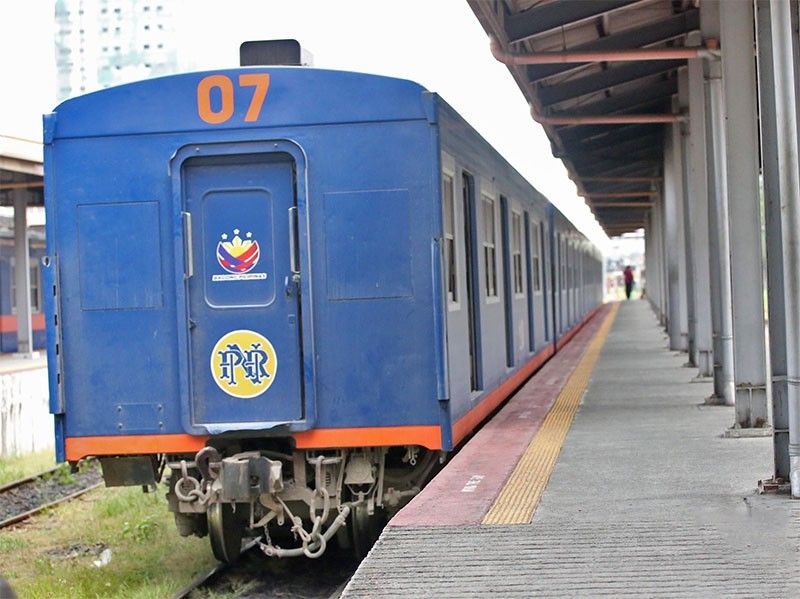China sidetracked as funding source for PNR Bicol
Louise Maureen Simeon – The Philippine Star March 13, 2024 | 12:00am Passengers alight from the train at the Philippine National Railways (PNR) Tutuban Station in Manila on March 11, 2024. STAR / Ernie Penaredondo MANILA, Philippines — The government is taking another funding route for the Philippine National Railways South Long Haul, also called […]


Louise Maureen Simeon – The Philippine Star
March 13, 2024 | 12:00am
Passengers alight from the train at the Philippine National Railways (PNR) Tutuban Station in Manila on March 11, 2024.
STAR / Ernie Penaredondo
MANILA, Philippines — The government is taking another funding route for the Philippine National Railways South Long Haul, also called the PNR Bicol instead of China. It is seeking the assistance of the Asian Development Bank (ADB) instead to pursue the long-delayed rail project.
During a hearing of the Congressional oversight committee on the official development assistance (ODA) yesterday, the National Economic and Development Authority (NEDA) said there has been a “slight holding back” in terms of Chinese loan for PNR Bicol.
NEDA Assistant Secretary Jonathan Uy said the PNR and the Department of Transportation (DOTr) were ordered to expedite the detailed engineering design for the project in order to move forward to the civil works and right-of-way procurement stages.
“Right now, we at NEDA and DOF (Department of Finance) are informally discussing with the ADB whether they would be able to glide into the project in order to ensure continuing effort here,” Uy said.
“With regard to Chinese ODA, the DOTr has indicated that they are not going to pursue Chinese ODA for the next stage. That is why we are looking at ADB sliding in, whether it will be an investment loan or probably technical assistance for design-build,” he said.
In 2019, the Duterte administration awarded the P14 billion contract for the project management consultancy of PNR Bicol to China Rail Design Corp. for the design of the rail system.
Uy, who represents NEDA at the PNR Board, said the detailed engineering design is critical for the project to proceed given the changes in the present alignment of the rail system.
The PNR Bicol will have a faster train service, from the current 40 to 60 kilometers per hour run of the current line to about 80 to 120 km per hour.
“The detailed engineering is very critical in order to make sure that it’s implementable and we will be efficient,” Uy said.
Despite the delays, Uy said the project remains a go but it’s just a question of how early the government can move forward with the project.
Further, Uy said discussions with ADB involve tapping the private sector to leapfrog to the next step.
Uy said the government is hoping ADB would provide the technical support to proceed from detailed engineering directly to bidding out both the design and building of the project, at the same time.
“We need to know whether in fact we can move forward to the private sector. I understand there are also some private sector interest in unsolicited proposals,” Uy said.
Accomplishment for the project management consultancy component of the project has reached 49.2 percent.
Ongoing pre-acquisition activities include parcellary or boundary surveys, review of parcellary plans and property appraisals.
Uy said this is what DOTr and the PNR need to work through—that the results of the current project management consultancy can have a strong basis toward design-build procurement already in the next phase.
“We have to get back to the DOTr and PNR what will be the final solution,” Uy said.
PNR Bicol will extend for 639 kilometers with 35 stations in total. The project will connect regions around Luzon with the objective of improving trade and travel across the island.














